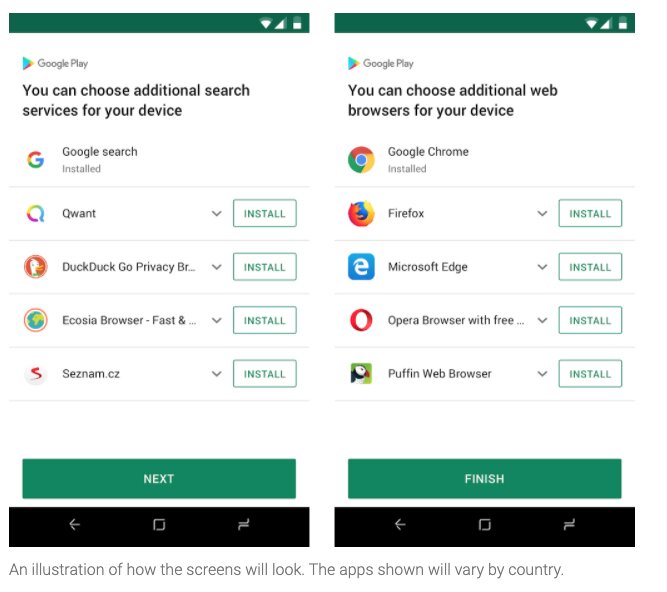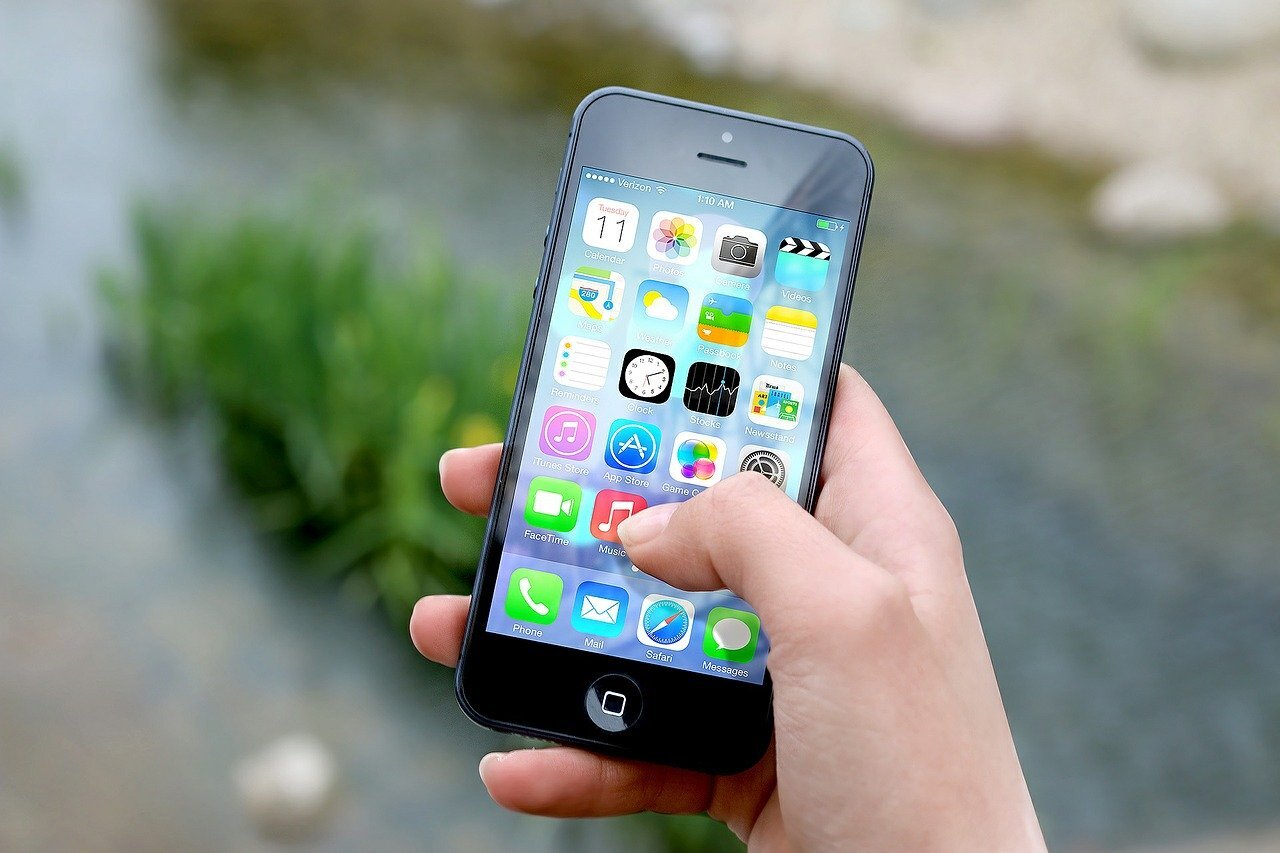As of August 2020, Apple has about $205 billion in cash, enough to cover fines and damages from any antitrust violation. Yet, one the biggest threats for Apple stems from possible changes to its App Store as a result of the antitrust investigations. Possible remedies may include (i) a functional or full separation of the App Store, which seems unlikely (ii) allow developers to add an alternative method of payment to the Apple’s In-App Purchase (IAP), similar to one of the remedies DG Comp imposed on Google in the Android case or (iii) to remove a restriction whereby developers can’t inform consumers of other options to access premium (paid) content.

Any of these remedies would have an impact on the App Store’s revenue, but even in a bear scenario, where developers could circumvent the IAP solution, the company may only see a revenue cut about $2.5 billion annually, in Europe. This figure could go as high as $10 billion annually if the remedies were to be applied worldwide. Apple doesn’t disclose the exact revenue generated by the App Store, this is included under “Services”, which also includes streaming services, AppleCare and other services. In 2019, “Services” accounted for more than $46 billion, and some analysts estimated that about $17 billion came from the AppStore. Assuming that this figure is a good proxy, we could apply the same methodology that DG Comp applied in the Google Android decision and we would obtain that a potential fine should be about $3-5 billion.

In June 2020, the European commission launched four antitrust probes against Apple for possible anticompetitive practices related to its App Store and Apple Pay. Three of these investigation focus on the restrictions imposed by Apple in its agreements with developers for in-app purchases and the other on the integration of Apple Pay into merchant apps and website and other restrictions related to the “tap and go” functionalities. Spotify, Epic and Amazon may benefit from these investigation in the music, e-book and games industries.
Additionally, the European Commission also raised concerns about how much data Apple is collecting. According to the EU’s statement, one of the IAP obligations gives Apple full control of its competitor’s customer data and competitors can’t access this data as type of payment used o renovation dates. Another potential remedy in this area is to compel Apple to share this data with the developers.
According to EU’s precedents, Apple isn’t likely to walk away unscathed. Regulators may use the Google Android decision as a blueprint for market definition. Apple may have an uphill road to rebut this market definition.
“The Commission concludes that app stores for non-licensable smart mobile OSs such as Apple’s AppStore and BlackBerry’s BlackBerry World do not belong to the same product market as Android App Stores.”
European Commission, Google Android decision, page 72Yet, any decision in these investigations won’t likely be issued before the end of 2021 or 2022 even if DG Comp considers these cases a priority.
In August 2020, Epic Games filed an antitrust lawsuit against Apple for imposing illegal restrains to monopolize the distribution of apps to iOS devices and payment processing for IAP. Epic’s claim may overcome Apple’s early efforts to dismiss Epic’s lawsuit, but in the long run, monopolization cases are very hard for plaintiffs to win.
In September 2020, Germany, Japan and Australia shown interest in these probes and Germany even suggested that it could open an investigation. However, Germany may have some jurisdictional issues to deal with as the European Commission has already launched several investigations and it has exclusive powers to apply European law and to impose remedies across Europe.
Apple will likely be able to handle these antitrust probes but even if it’s not held accountable of breaching EU antitrust law and the lawsuit in the US is dismissed, the company has already lost a battle, to keep a low antitrust profile. In this regard, this month isn’t the best for any company to be in the antitrust spotlight as the Annual Conference of the International Competition Network (an annual gathering for more than 130 antitrust agencies) is scheduled for September 14-17 and the main topic, if not the only one, will be competition in digital markets. In this edition, Apple and Amazon may replace Google and Facebook in the discussions.
